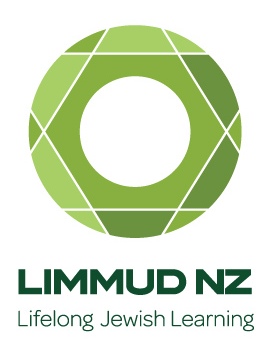There has been a lot of controversy in recent weeks as Poland wrestles with how to deal with the Holocaust. This book may be seen as part of that nation’s journey.
Anna Bikont appeared at the Museum of Jewish Heritage in New York on Oct. 22, 2015, in conversation with Tablet magazine literary editor David Samuels.
“I can’t sleep at night. I see it as if it were yesterday. … That terrifying scream that probably didn’t last for more than two minutes, it’s still inside me.” The woman speaking these words was 10 years old on July 10, 1941, when she saw her fellow Poles driving their Jewish neighbors into the barn. Schoolboys jeered at their Jewish classmates, hounding them toward death. Mothers wrapped their babies tight as they tried to shield them against the blows. Within minutes nearly all the town’s Jews—hundreds of them, from infants to old people—would be burned alive. The 10-year-old girl at the window watched the townspeople of Jedwabne pour gasoline at the barn’s four corners and set it alight. Then came the scream.
This account comes from Anna Bikont’s book The Crime and the Silence, which appeared in 2004 in Polish and six years later in French (it won the European Book Prize in 2011) but has just now been translated into English by Alissa Valles. In her work as a reporter for the Gazeta Wyborcza, the liberal Polish newspaper, Bikont has done obsessive, heroic work, interviewing witnesses, perpetrators, and survivors of the Jedwabne massacre and similar mass killings of Jews in the nearby towns of Radzilow and Wasosz. She has discovered a bizarre psychological phenomenon: The townspeople of Jedwabne still insist that they are the victims of Jewish slander. The massacre, they say, was perpetrated either by a few thugs, probably people from out of town, or by the Germans.





Speak Your Mind